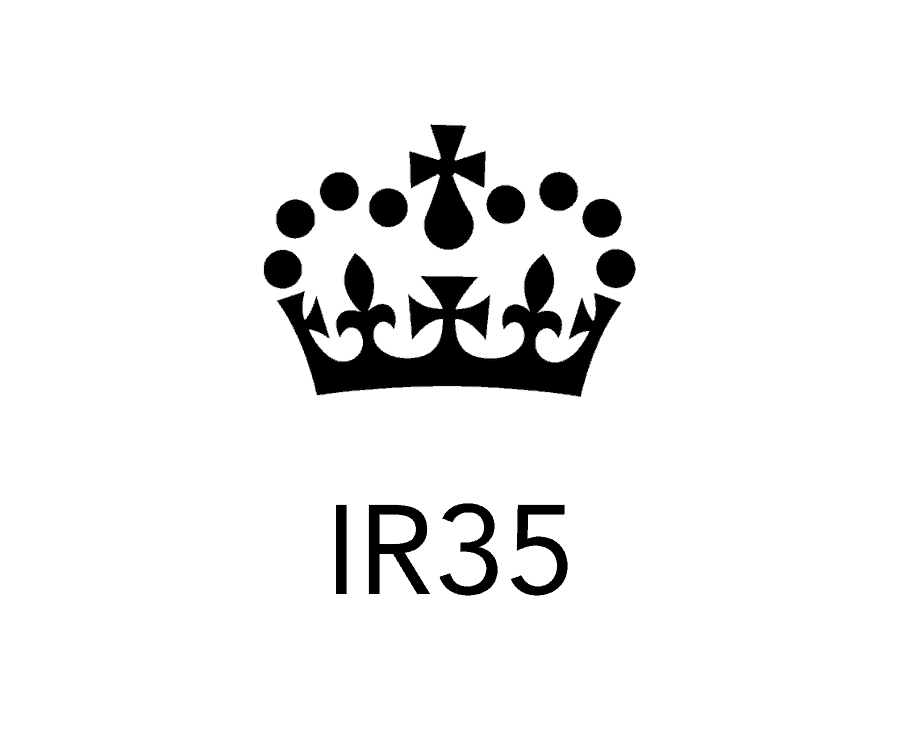What to Look For When Choosing IT Consulting Firms
by Conosco on Nov 5, 2015

Introduction
So you’ve made the decision to hire an IT consulting firm. Maybe you’re the head of a small startup who wants to outsource IT entirely; maybe you’re a CIO who has just launched a massive corporate initiative, and you need expert help for the more challenging projects. Or, maybe, you just want to know how to make your IT department run more smoothly.
No matter what your reason is, you still have a very important and difficult choice to make. You have to select an IT consulting firm.
If you’re new to the world of IT consulting, the myriad options can be staggering and intimidating. However, just like any assignment, you can achieve your goals by breaking the process down into small, manageable parts.
Hopefully, you have already determined where your needs lie. That is the most important part: the right consultants for one company might be completely wrong for another.
Now you have to generate a list of attributes that comprise your ideal IT consultant. Most of these will be specific to your needs. Some qualities, however, are universally necessary.
Track Record
Do they talk about ideas or results? Sometimes, silver-tongued salesmen step into a room and talk about their company’s ‘vision’ or their concepts for the future. You nod slowly, and before you know it, you find yourself lost in an IT dreamscape. It’s not until well after the meeting’s over that you ask yourself, “Wait, did they ever actually discuss their experience? Did they once mention a client who came to them with a problem that they solved?”
If they can’t, it does not necessarily mean that they are trying to deceive you. They might just be new to the world of IT consulting. From the client’s perspective, though, this position is just as dangerous. As TechRepublic’s Erik Eckel points out, rookie consultants might fail to realize the scope of a certain project, overpromise and under-deliver, misunderstand the business relationship they have with you or even walk out on the project after realizing their mistakes. You do not want to be the client of overmatched consultants, even if you share similar perspectives.
Even the most astute evaluators can get caught up from time to time in the trap of parallel ideals. If you feel like a certain team’s thinking just aligns with yours, you might be less likely to value their past success or failure.
That’s dangerous. Here’s the bottom line: If a team of IT consultants doesn’t have a resume full of concrete results, they won’t be able to help you reach your goals. Ideals aren’t useless, but the IT universe is based on quantifiable success.
Focus on Project Management
68 percent of IT projects fail. You’re bringing in IT consultants to try and make sure your project falls into the 32 percent that succeed. Often, however, clients overlook project management skills when evaluating potential consultants.
That’s a mistake that can cost you in the long run. Consultants can be tech wizards, but if they fail to come through on important management skills like delegation, scheduling, budgeting and client communication, projects can last much longer and cost much more than initially predicted—if the projects are even completed.
Make sure to ask consultants about their project management strategies. What steps do they take to ensure that they execute tasks seamlessly? A team composed of outstanding problem-solving talent and impressive knowledge can still come up short as consultants if they do not know how to organize and communicate amongst themselves.
Just 56 percent of project managers hold some sort of project management certificate. In fact, many successful project managers aren’t certified. But a certificate in project management can act as an insurance policy when you select an IT consultant, like having a mechanic inspect a used automobile before you buy it. Remember, not every one of your IT consultants has to be an IT wizard. The best teams contain a diverse skill set, using communication and organization skills to complement IT talent.
Dedication to Measurable Business Results
At the end of the day, the purpose of an IT department is to help the business grow. If consultants don’t understand that, don’t hire them.
Take a look at a typical project that an IT consulting firm might be hired for: an acquisition. Even if the acquired enterprise is a small one, the tasks facing an IT consulting team consist of diverse and complicated projects that range from merging databases that use completely different architectures to combining teams of employees that have never worked together before. Each one of these tasks will increase the cost of any acquisition significantly.
But these decisions can be made in a way that actually produce business results down the road. For example, instead of trying to figure out the cheapest way to convert all new employees to your standard ERP system, an IT consultant could step in and show how this acquisition might provide an opportunity to change vendors or move to cloud ERP, saving millions of dollars over the next ten years. In the European Union, approximately €142 billion are lost annually when IT projects don’t go as planned.
If your consultants truly understand that IT is a component of the larger business, they will be able to present a plan that explains their recommendations in the context of how they will serve a function of business growth. Their goal is not merely to perform a task at the lowest cost possible, it’s to grow your IT organization into a thriving department that adds value to the company as a whole.
Conclusion
Choosing the right IT consulting firm can catapult your business forward, while choosing the wrong one can drag you into a money pit that prevents you from making any gains at all. What’s more, the odds are stacked against you.
But there are clear ways to mitigate your chance of failure. Most of them have to do with your specific needs, but there are a few general principles that it will always be wise to follow: make sure your IT consultants have a solid track record and are capable project managers. Ensure that they understand how IT functions as a part of your business.
You May Also Like
These Related Stories

5 Reasons to Consider Regular IT Audits
Much like any important business tool, your IT system needs to be formally reviewed on a regular basis. This not only en …

Conosco Achieves Microsoft Gold Cloud Productivity Competency
We are delighted to announce that Conosco has successfully achieved the Gold Cloud Productivity Competency from Microsof …

De-Risking IR35 Complexities with Conosco – Your trusted Tech & Comms Provider
IR35 is the short name used for the ‘intermediaries legislation’, which is a set of tax rules that apply to contractors …
